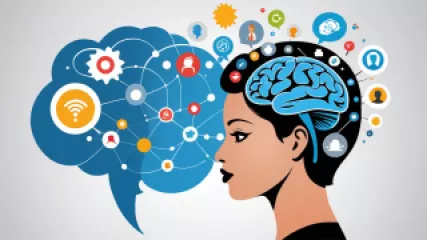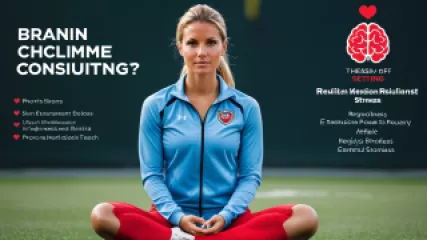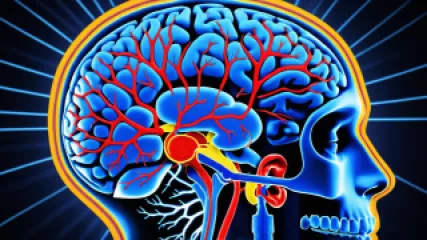The Ultimate Guide to Overcoming Negative Thinking
1 year ago
Overcoming Negative Thinking
A Step-by-Step Guide to Overcoming OCD with Online Therapy
1 year ago
Obsessive Compulsive Disorder
Uncovering the Psychology of Belief: A Research Summary
1 year ago
Psychology of Belief
The Impact of Sports Counseling on Athletes' Mental Well-being
1 year ago
Psychology Of Sport
My Journey in Understanding and Healing My Emotions
1 year ago
Understanding Emotions
The Ultimate Guide to Understanding the Psychology of Pain
1 year ago
Psychology of Pain
Top 10 Online Psychoeducation Workshops for Mental Health
1 year ago
Psychoeducation
My Personal Journey Through Crisis Intervention
1 year ago
Crisis Intervention
How to Master the Psychology of Gift Giving
1 year ago
Psychology of Gift Giving
5 Effective Tips to Reduce Your Screen Time
1 year ago
Reducing Screen Time
Why Cognitive Behavioral Therapy Can Help Overcome Negative Thinking
1 year ago
Overcoming Negative Thinking
What Soccer Players Can Learn from The Last Samurai
1 year ago
Psychology Of Sport
Mastering the Art of Gift Giving for Mental Balance
1 year ago
Psychology of Gift Giving
Mastering Psychoeducation: The Ultimate Guide to Virtual Mental Health Classes
1 year ago
Psychoeducation
Building Resilience: My Journey through Overcoming Adversity
1 year ago
Resilience















